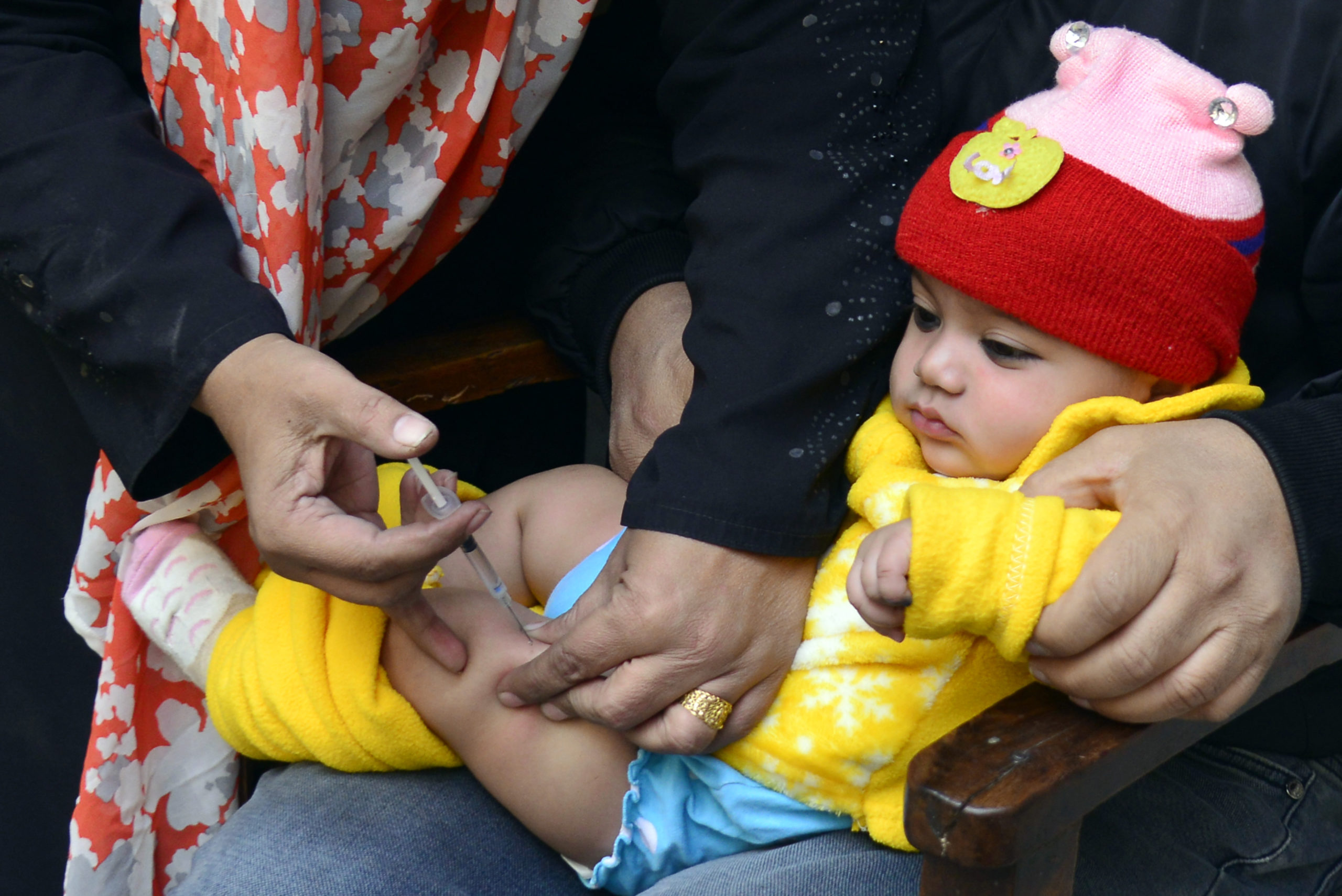Leaders of the G7 at their heads of state summit in Italy. Ministers of Health from around the world at last month’s World Health Assembly. A broad swathe of civil society at the Rotary International annual convention in Singapore. All these bodies have restated the importance of eradicating polio and their determination to do so. Polio eradication is classified as a Public Health Emergency of International Concern under the International Health Regulations, and polio is the only such disease. Public health advisory bodies, including the Eastern Mediterranean Regional Subcommittee for Polio Eradication and Outbreaks, continue to foster the necessary commitments to achieve success.
But with so many other priorities, both health and non-health related, affecting the world, why is it that commitment to this particular effort remains so solid, even after all these years? Carol Pandak, Director PolioPlus at Rotary International – the global service organization which launched the global quest to eradicate polio back in 1985 and civil society arm of the Global Polio Eradication Initiative – has some very clear views. “Ultimately, it is on the one hand the unique opportunity that we collectively have right now to eradicate a human disease for only the second time in history,” she explains, “with all the benefits that go along with it. But on the other hand, the consequences that we would face if we collectively do not achieve in finishing the disease, with global resurgence of the disease.”
Pandak points out that the global effort to eradicate polio is unique, in that it managed to do something quite unprecedented in human history: commitment by all, towards a single common goal. “I cannot think of another effort, that has literally seen every single country, every single government, all communities, community leaders, the private sector, parents and health workers unite, all over the world, towards achieving a common goal. Not since the eradication of smallpox, at least. And look at the benefits the smallpox effort has brought to the world: from half a billion deaths caused in the 20th century alone, to no infections every again since it was certified as globally eradicated in 1980. This is what the eradication of a disease means. All countries and all sectors of civil society all coming together, working together, achieving success together, and benefitting equally and together of the results.”



